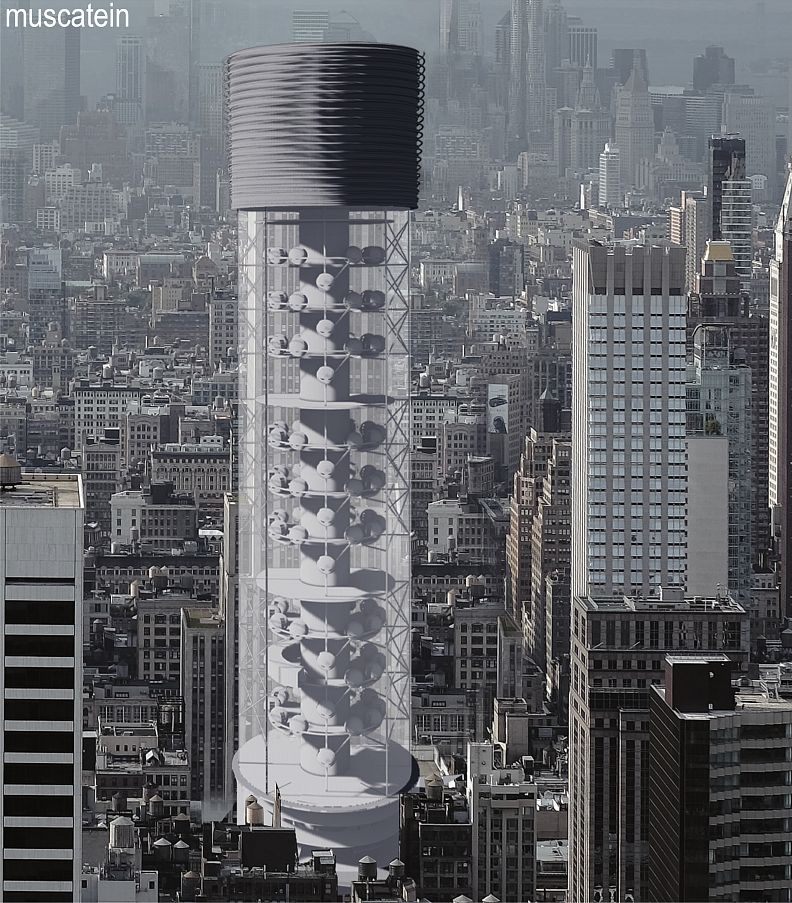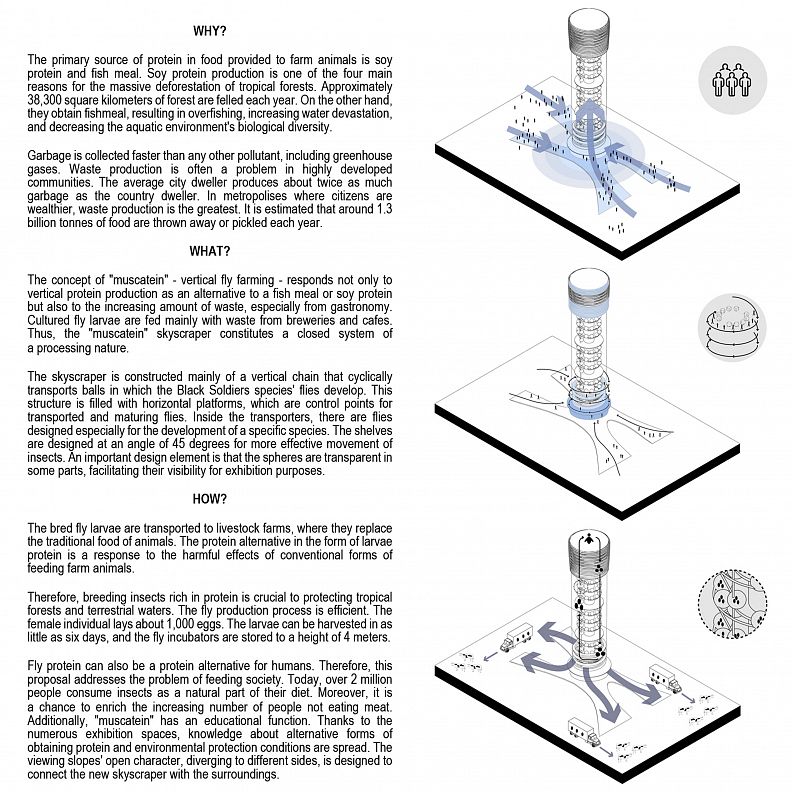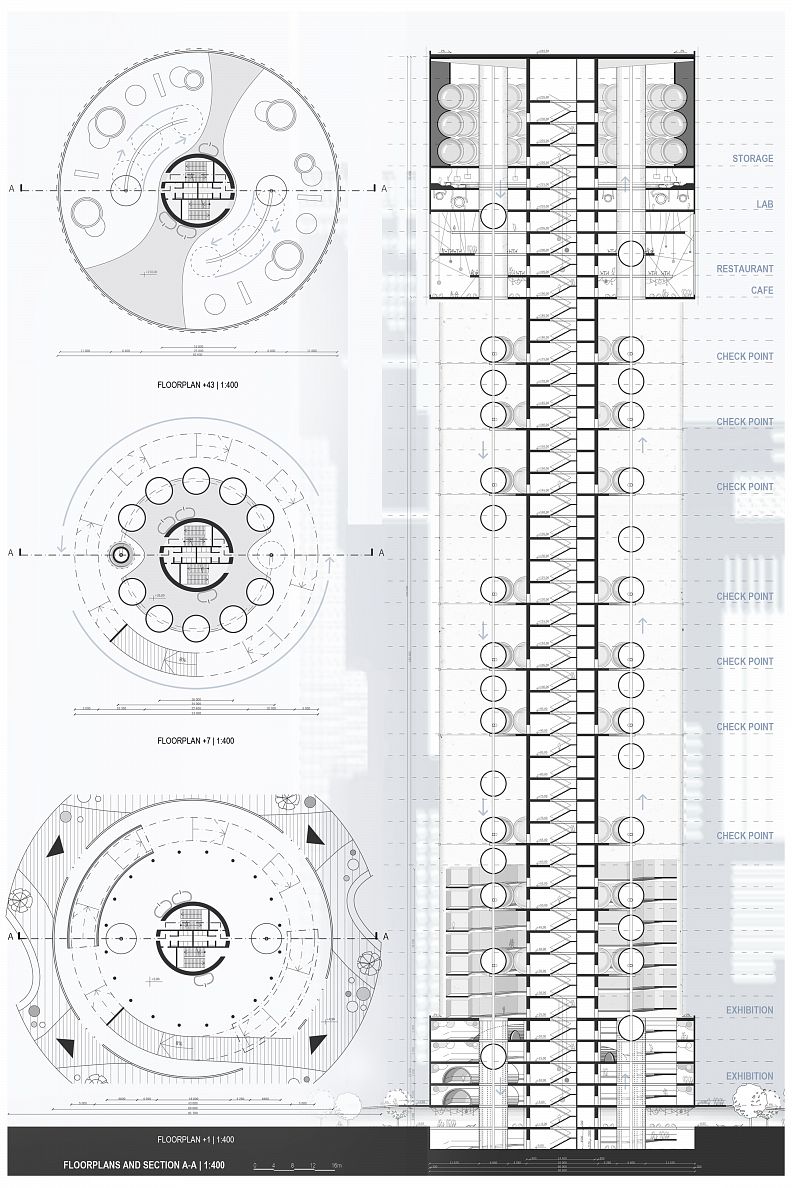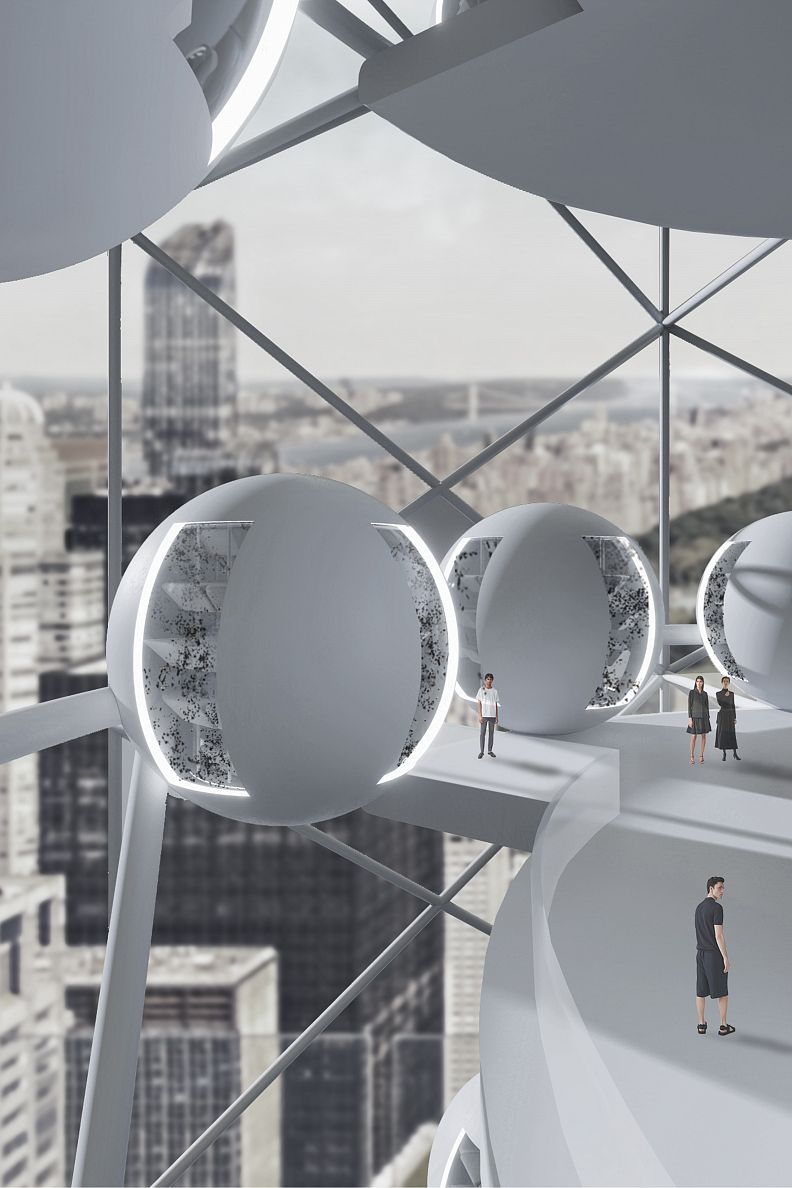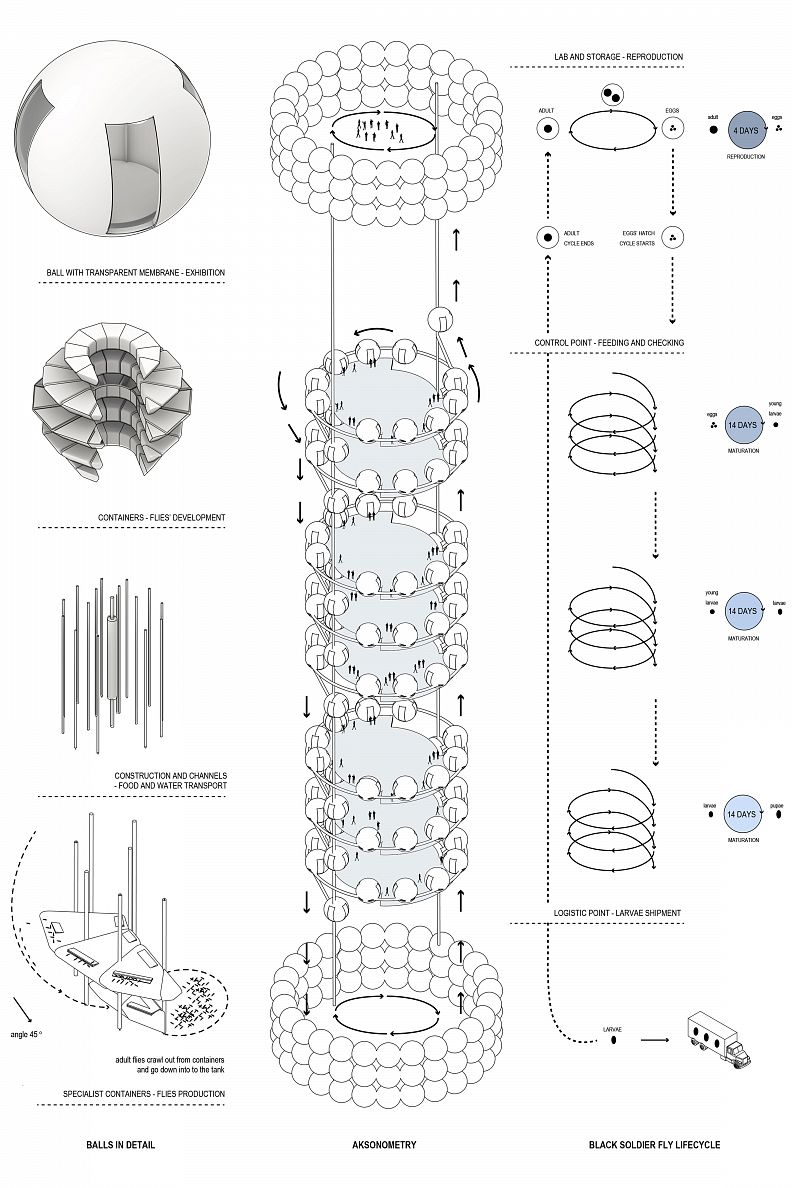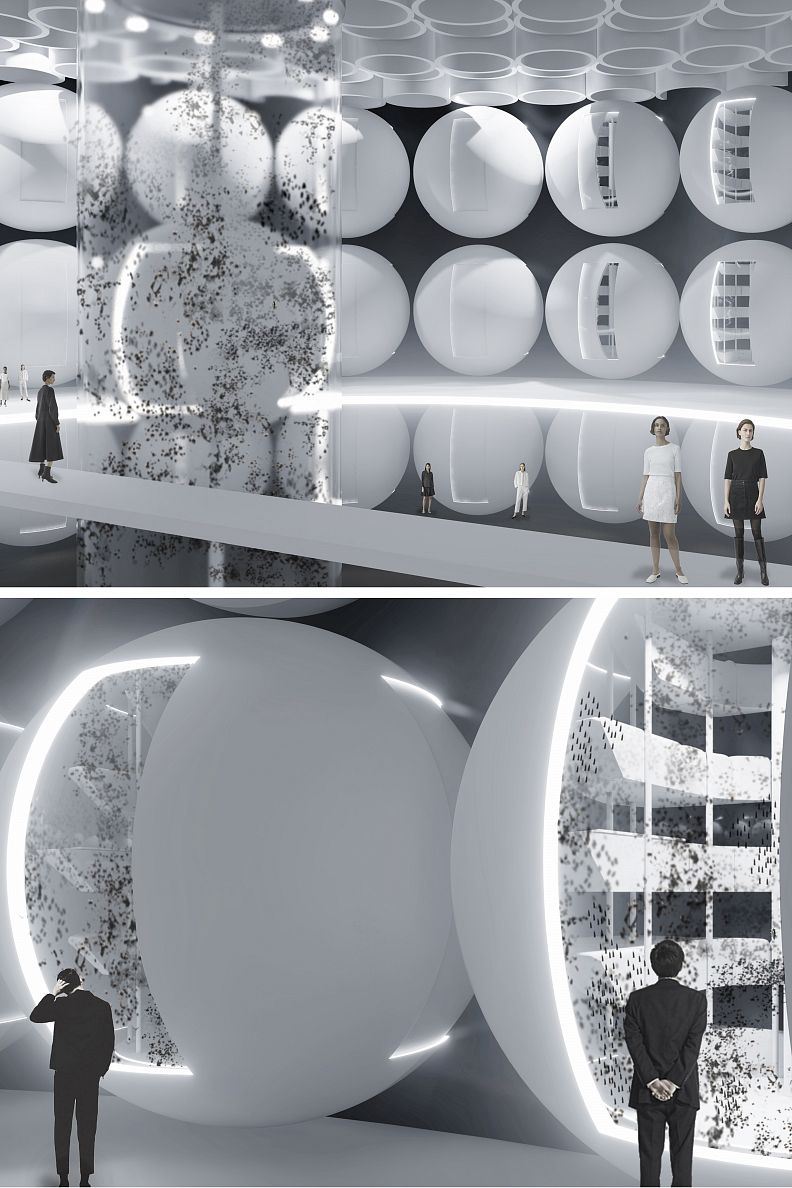MUSCATEIN

Project idea
Why was 'muscatein' created?
The primary source of protein in food provided to farm animals is soy protein and fish meal. Soy protein production is one of the four main reasons for the massive deforestation of tropical forests. Approximately 38,300 square kilometers of forest are felled each year. On the other hand, they obtain fishmeal, resulting in overfishing, increasing water devastation, and decreasing the aquatic environment's biological diversity. Garbage is collected faster than any other pollutant, including greenhouse gases. Waste production is often a problem in highly developed communities. The average city dweller produces about twice as much garbage as the country dweller. In metropolises where citizens are wealthier, waste production is the greatest. It is estimated that around 1.3 billion tonnes of food are thrown away or pickled each year.
Project description
What exactly was designed to be a potential solution to the problem?
The concept of 'muscatein' - vertical fly farming - responds not only to vertical protein production as an alternative to a fish meal or soy protein but also to the increasing amount of waste, especially from gastronomy. Cultured fly larvae are fed mainly with waste from
breweries and cafes. Thus, the 'muscatein' skyscraper constitutes a closed system of a processing nature. The skyscraper is constructed mainly of a vertical chain that cyclically transports balls in which the Black Soldiers species' flies develop. This structure is filled with horizontal platforms, which are control points for transported and maturing flies. Inside the transporters, there are flies designed especially for the development of a specific species. The helves are designed at an angle of 45 degrees for more effective movement of insects. An important design element is that the spheres are transparent in some parts, facilitating their visibility for exhibition purposes.
Technical information
How did the solutions used in the project affect the environment, economy, and society?
The bred fly larvae are transported to livestock farms, where they replace the traditional food of animals. The protein alternative in the form of larvae protein is a response to the harmful effects of conventional forms of feeding farm animals. Therefore, breeding insects rich in protein is crucial to protecting tropical forests and terrestrial waters. The fly production process is efficient. The female individual lays about 1,000 eggs. The larvae can be harvested in as little as six days, and the fly incubators are stored to a height of 4 meters. Fly protein can also be a protein alternative for humans. Therefore, this proposal addresses the problem of feeding society. Today, over 2 million people consume insects as a natural part of their diet. Moreover, it is a chance to enrich the increasing number of people not eating meat. Additionally, 'muscatein' has an educational function. Thanks to the numerous exhibition spaces, knowledge about alternative forms of obtaining protein and environmental protection conditions are spread. The viewing slopes' open character, diverging to different sides, is designed to connect the new skyscraper with the surroundings.
